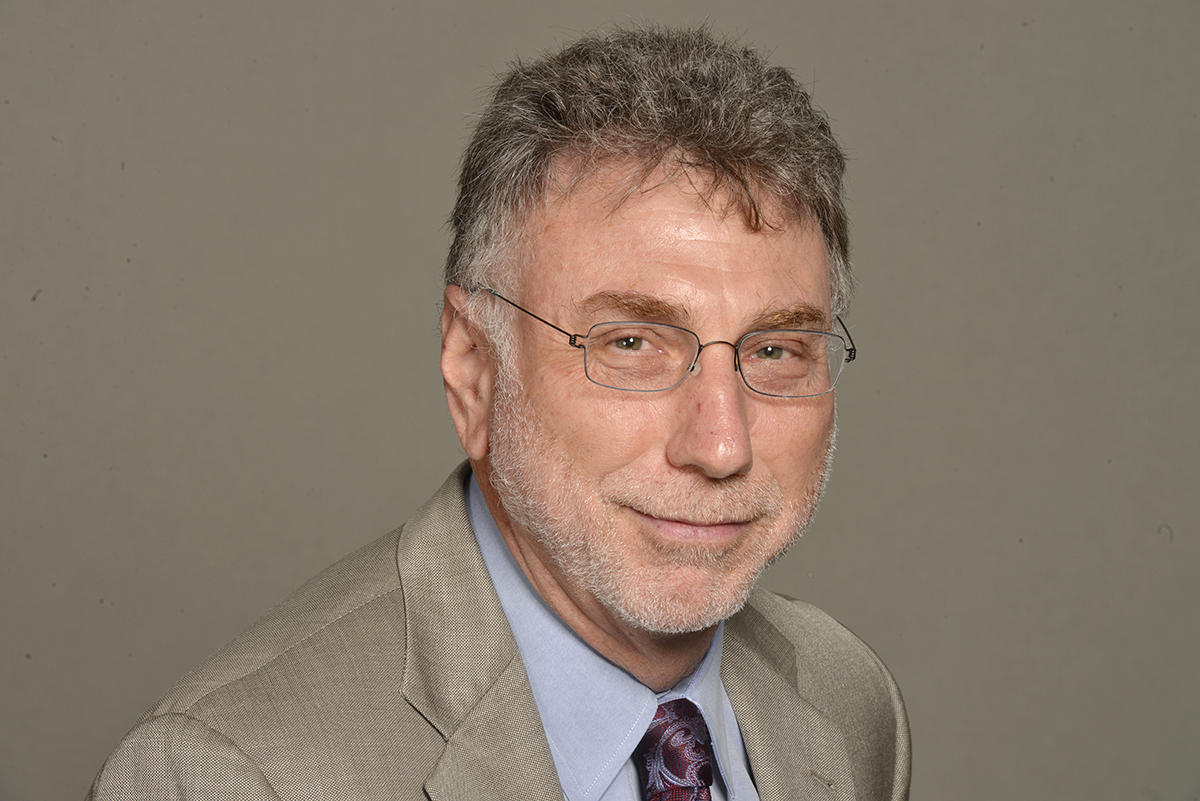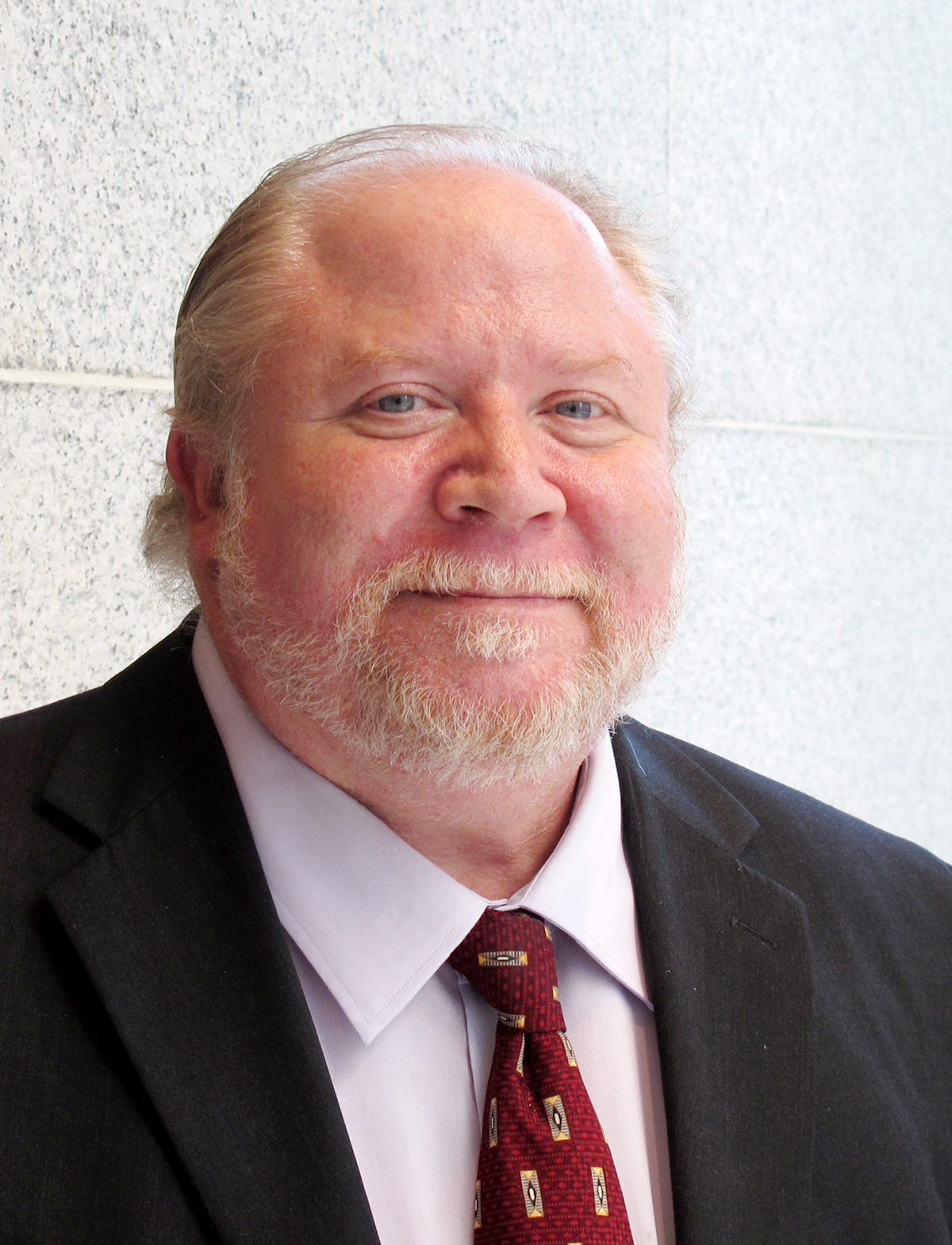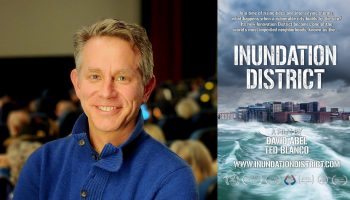Marty Baron and Eric Newton have a long history. Their timeline together started at a meeting for the John S. and James L. Knight Foundation, where Newton is a consultant and Baron is a trustee. Timeline markers include Baron’s start at The Boston Globe in 2001, Newton’s transition to Arizona State University in 2015 and Baron’s move to The Washington Post in 2013.
Baron, executive editor of The Washington Post, and Newton, innovation chief at Arizona State University’s Walter Cronkite School of Journalism and Mass Communication, will come together again for a conversation at 10:45 a.m. Friday in the Amphitheater as part of Week Eight’s “Media and the News: Ethics in the Media.”
Many Americans became familiar with Baron through the 2015 Academy Award-winning film, “Spotlight,” which portrays The Boston Globe, under the direction of Baron as depicted by actor Liev Schreiber, and their 2001 investigation into child sex abuse cases of Boston Roman Catholic priests.
According to Baxter Holmes of Esquire, Baron is “one of the greatest newspaper editors of his or any other era”; according to an anonymous colleague at The Los Angeles Times, Baron acquired the nickname “boy wonder”; and according to Newton, Baron is executive editor of the Post at a time of “historic convergence of issues.”
This convergence meets at the apex of four elements: The Washington Post, journalism, the First Amendment and the United States, Newton said.
“The big factor, having to do with media ethics in the digital age, is what economists call the ‘creative destruction’ of the economy of American journalism,” he said. “It’s difficult to be ethical if you’re falling off a cliff.”

In fact, from 2006 to 2016, there have been 20,000 total documented journalism jobs lost, according to a Poynter study. In the wake of these losses, newsrooms are scrambling to cope.
“The digital communications industry is exploding, growing astronomically,” Newton said. “More people are consuming news, including the news the newspapers are producing online, than have ever consumed news before. It is part of the information paradox: There are fewer newspaper journalists, but more people are paying attention to what they’re doing.”
Thus, Newton said, Baron’s job, and the jobs of The Washington Post staffers, have never been more crucial.
“Marty’s coming at a very interesting time for history of The Washington Post,” Newton said. “Will it show us how a newspaper can succeed in the digital age? Will it show us the new best practices for journalism in the digital age? Will it show us a way to cope with the attacks on freedom of expression? Will it give us guidance, set an example on how to deal with the unprecedented political divide?”
Last November, after accepting the second annual Hitchens Prize, which honors the memory of the late Christopher Hitchens, a contributing editor and columnist at Vanity Fair, Baron addressed the audience with remarks about two individuals: Hitchens, whom he held in high regard, and newly elected President Donald Trump.
“It is no wonder that some members of our staff at The Washington Post and at other news organizations received vile insults and threats of personal harm so worrisome that extra security was required,” Baron told the audience. “It is no wonder that one internet venue known for hate and misogyny and white nationalism posted the home addresses of media executives, clearly inviting vandalism or worse. Thankfully, nothing that I know of happened to anyone.”
When taking into consideration the criticism journalists would bear the brunt of, Baron addressed the fate of the journalistic profession post-election.
“Many journalists wonder with considerable weariness what it is going to be like for us during the next four — perhaps eight — years,” Baron said in November. “Will we be incessantly harassed and vilified? Will the new administration seize on opportunities to try intimidating us? Will we face obstruction at every turn? If so, what do we do? The answer, I believe, is pretty simple. Just do our job. Do it as it’s supposed to be done.”

Matt Ewalt, associate director of education and youth services, said the conversation between Baron and Newton will give the audience an insider’s perspective on the way “it’s supposed to be done.”
“It will … take us not only inside the newsroom for decisions that are made, but considerations of a news organization’s covering of the current administration, looking at the really remarkable work … under Marty Baron’s leadership at the Globe and elsewhere,” Ewalt said.
And because of the friendship between the two journalists, Ewalt said the pair should be able to delve into the deepest issues right away.
“In a week that both asks ‘What are the ethical obligations of journalists’ and of us as news consumers,” Ewalt said, “this is also a peek inside of that process — to gain a more nuanced understanding of the very difficult conversations the news teams are having, the responsibility they feel to those they serve and to one another, and that broader role that not only institutions, but individuals who make up those institutions, have in those larger communities.”
Audience members will, therefore, gain insight on being active consumers while, Newton said, “navigating a world of viral deception” and “a media landscape that overwhelms us with information.”
Newton touched on this idea in his perception of news: it is beginning to divide and multiply. For example, whereas people used to buy toys at a department store, such as Macy’s, customers now find a toy store.
The same goes for journalism — where Americans used to get their news through more streamlined publications, information is now becoming more specialized and distributed more widely.
“There used to be a fishing column in the newspaper and now there’s an entire fishing communications industry, websites and apps,” Newton said. “They’ll tell you, ‘Hey, good time for mackerel right now! Go get in your boat right now!’ ”
Because of the rapid upkeep the media must maintain, Ewalt hopes after Baron’s lecture, the audience will consider the intensity of newsroom decision making.
“It’s easy to pick up The Washington Post in your hands or online and to think of that larger institution, but we often forget those decisions made by leadership, by editors, by reporters, by copy editor (and) by those who are curating content for the web,” Ewalt said. “Every single one of those decisions impacts that which we are consuming and engage with each and every day.”




